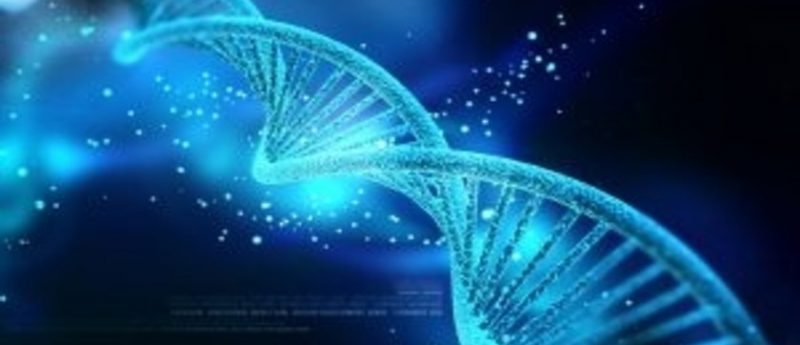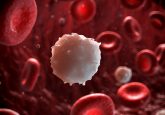Researchers discover pancreatic cancer can be split into four unique types

An international team of scientists have established that pancreatic cancer can be split into four unique types. The study, published recently in Nature, demonstrates that these four types are created when large chunks of DNA are rearranged. The researchers were also able to identify which genes could be damaged by these genetic changes. These findings could lead to improved treatments for the disease.
In this study, researchers carried out whole-genome sequencing and copy number variation analysis of 100 pancreatic ductal adenocarcinomas. The results of these analyses allowed them to classify the disease into four subgroups. The cancers were defined as having DNA that was either stable, locally rearranged, scattered or unstable, based on the extent of the structural variation of the chromosomes. Tumors were classified depending on the frequency, location and types of DNA rearrangements.
The rearrangement of chunks of DNA causes genetic chaos with genes deleted, wrongly switched on and off, or entirely new versions being created. Among the genetic faults that the researchers identified are some that could potentially be targeted with existing drugs.
Study co-lead, Andrew Biankin from the University of Glasgow (UK), explained: “Despite many decades of research into pancreatic cancer we have faced numerous obstacles in finding new and effective treatments. But our crucial study sheds light on how the chaotic chromosomal rearrangements cause a huge range of genetic faults that are behind the disease and provide opportunities for more personalized pancreatic cancer treatment.”
The study also recommends which pancreatic cancer patients may benefit from therapy with platinum-based drugs. Sean Grimmond from the University of Glasgow (UK) who led the genomic analysis commented: “Being able to identify which patients would benefit from platinum-based treatments would be a game-changing moment for treating pancreatic cancer, potentially improving survival for a group of patients.”
Until now, platinum-based drugs have had limited impact in those diagnosed with pancreatic cancer; however, this study found that a number of patients who had ‘unstable’ chromosome rearrangements and faults in DNA repair pathways could potentially benefit from platinum therapy, occasionally showing exceptional improvement.
Written by Katherine Rolfe
Sources: Waddell N, Pajic M, Patch AM et al.Whole genomes redefine the mutational landscape of pancreatic cancer. Nature, 518 (7540): 495–501 (2015); University of Glasgow press release





